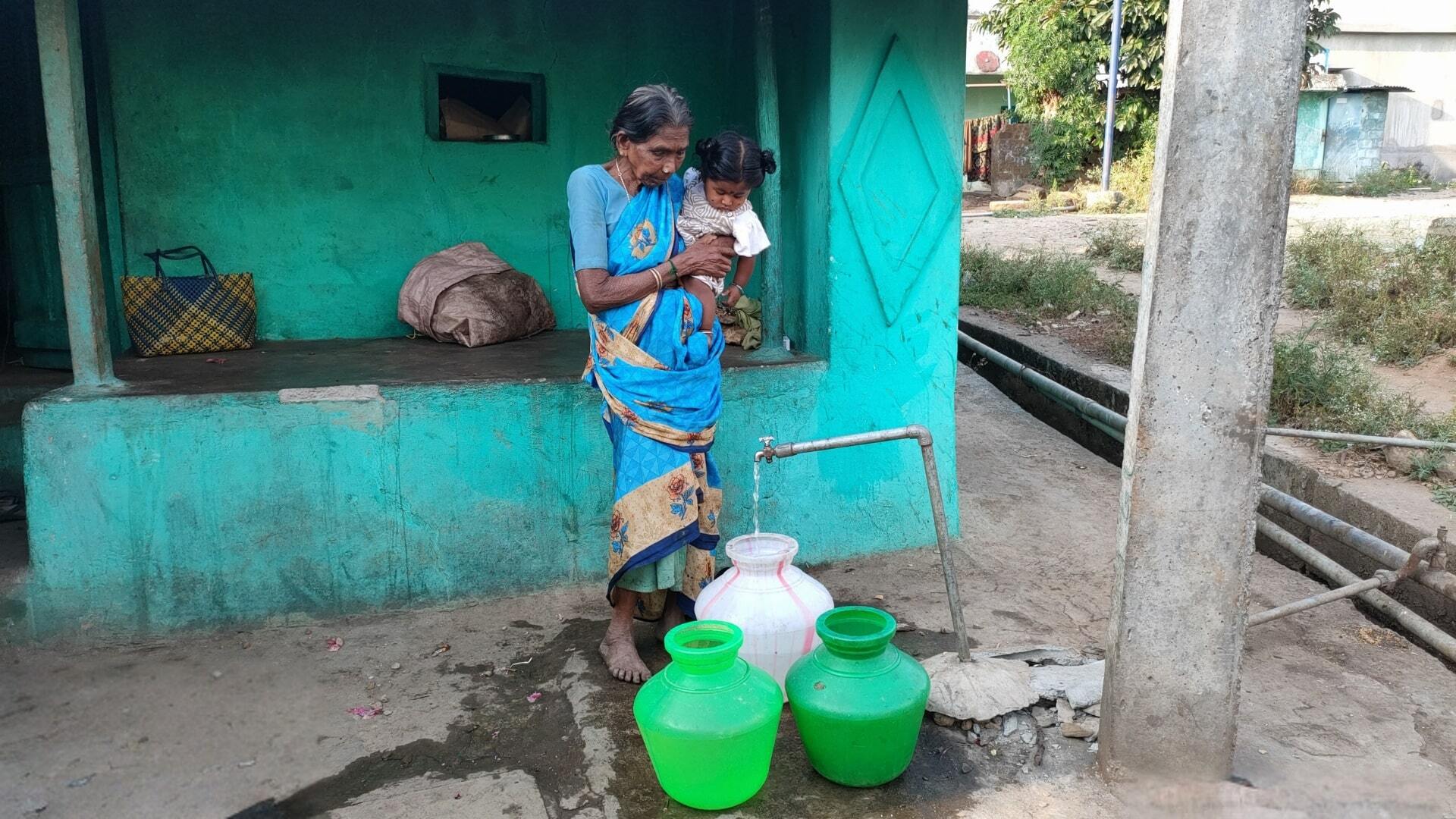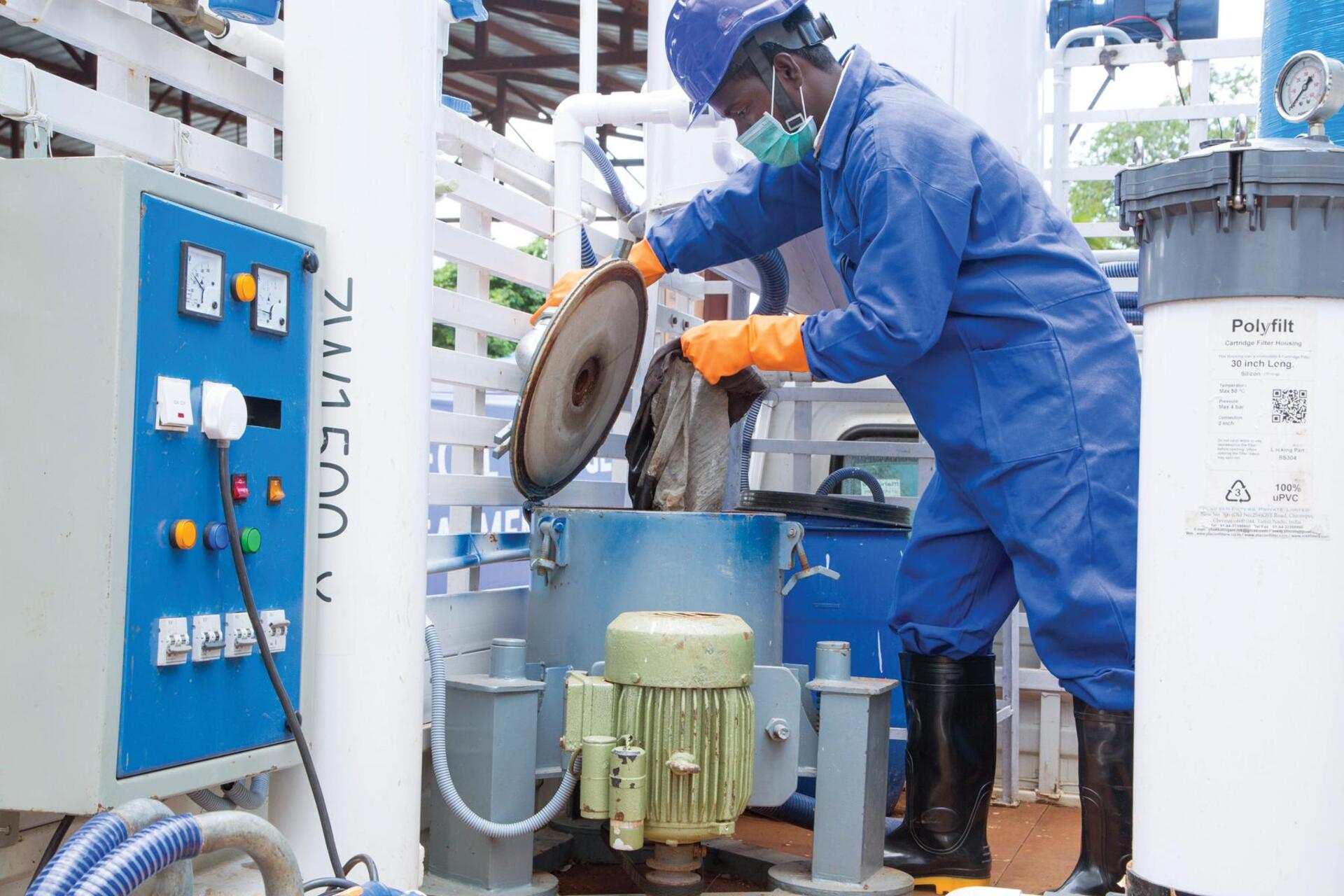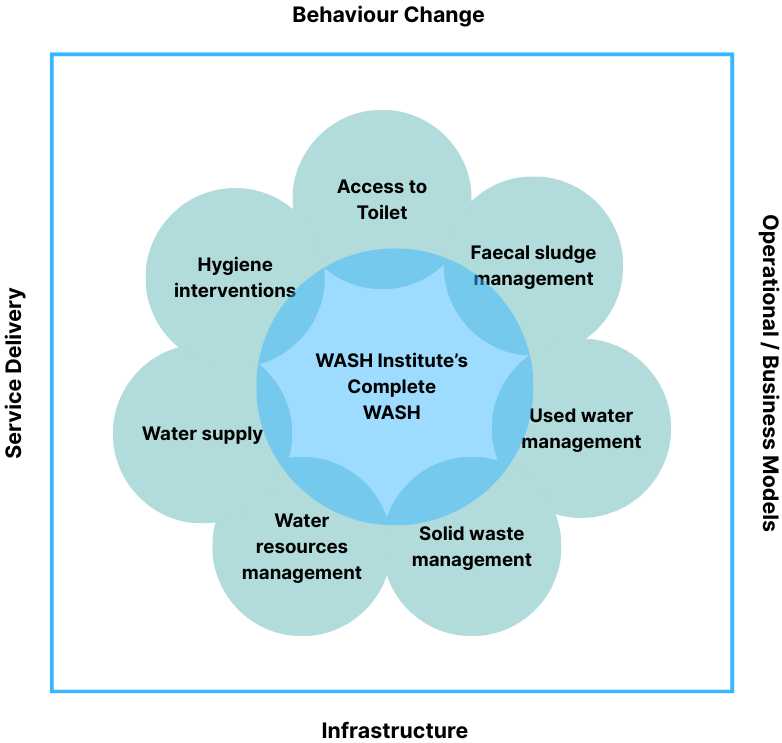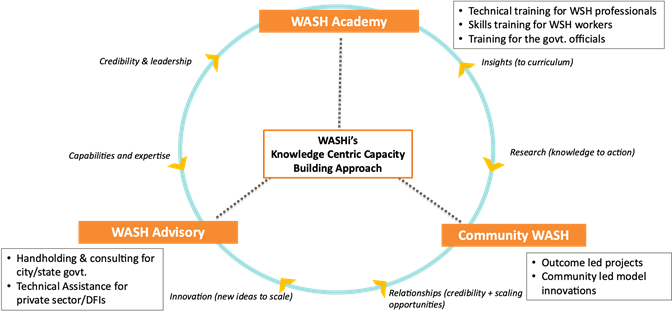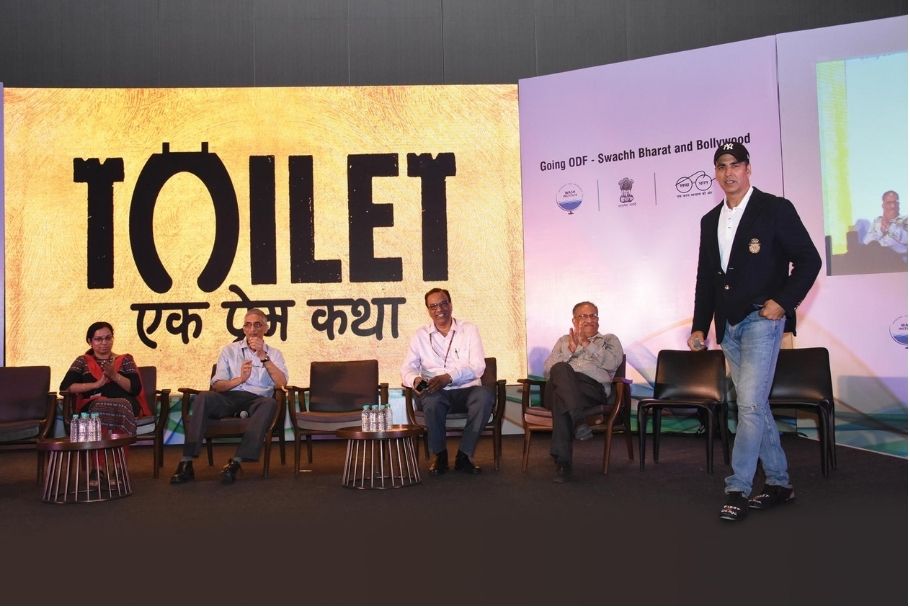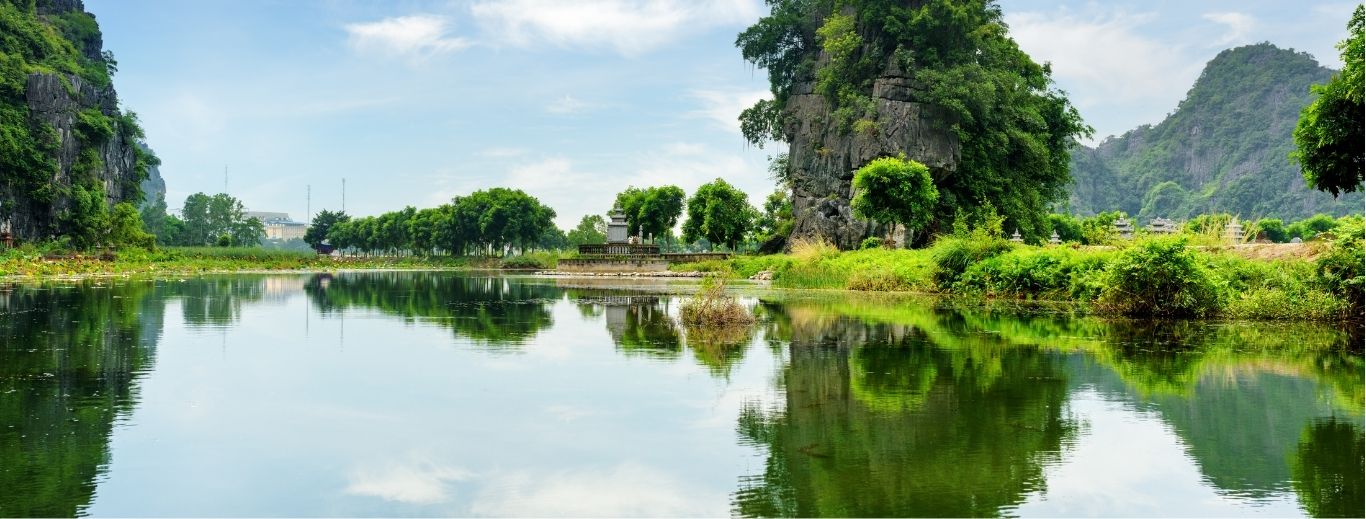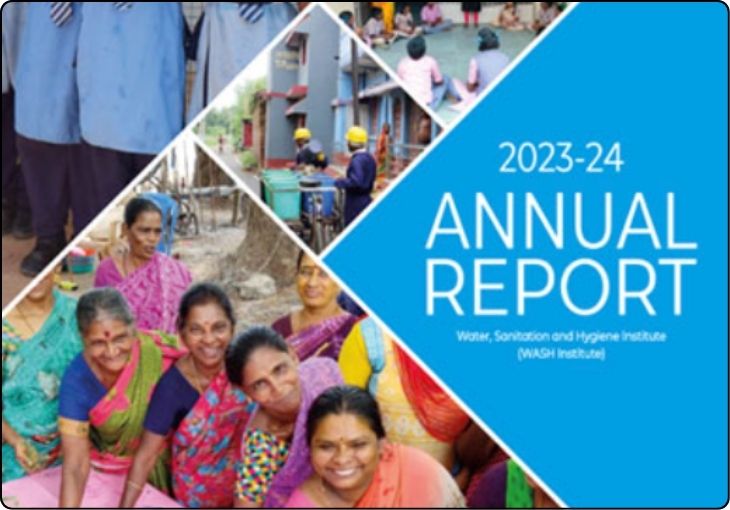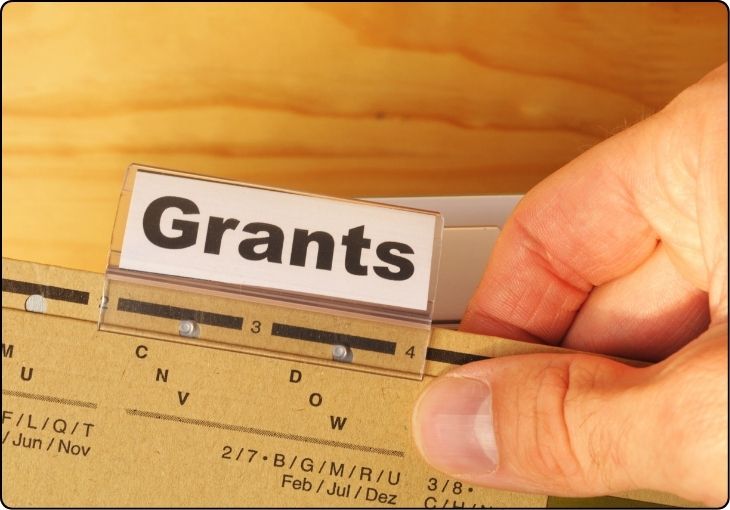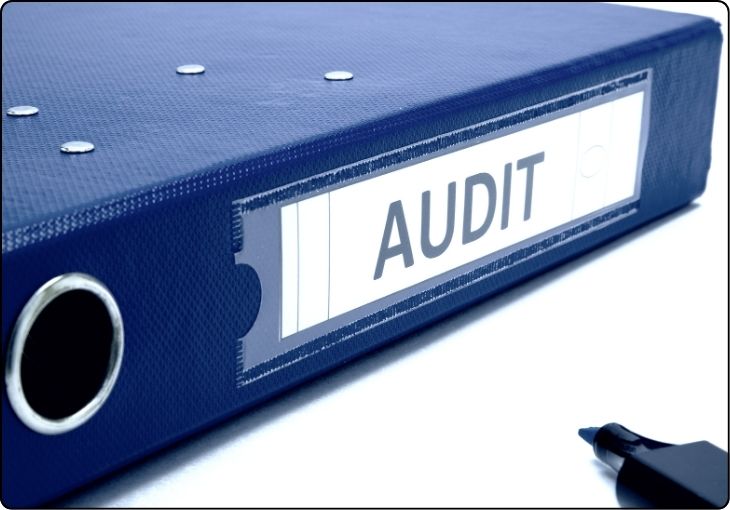ORIGINS
In 2008, leading practitioners in the WASH sector conducted a study to evaluate the country's then-existing capabilities.
The study revealed that India needs skilled, well-trained, and knowledgeable human resources to address
pressing issues such as groundwater depletion, water quality deterioration, poor sanitation and hygiene,
solid and liquid waste mismanagement, rapid urbanization, and climate change.
The results of this study inspired several leading sector experts and international organisations working
in WASH to come together and establish the Water, Sanitation, and Hygiene Institute (WASH Institute) in
Kodaikanal, Tamil Nadu.

